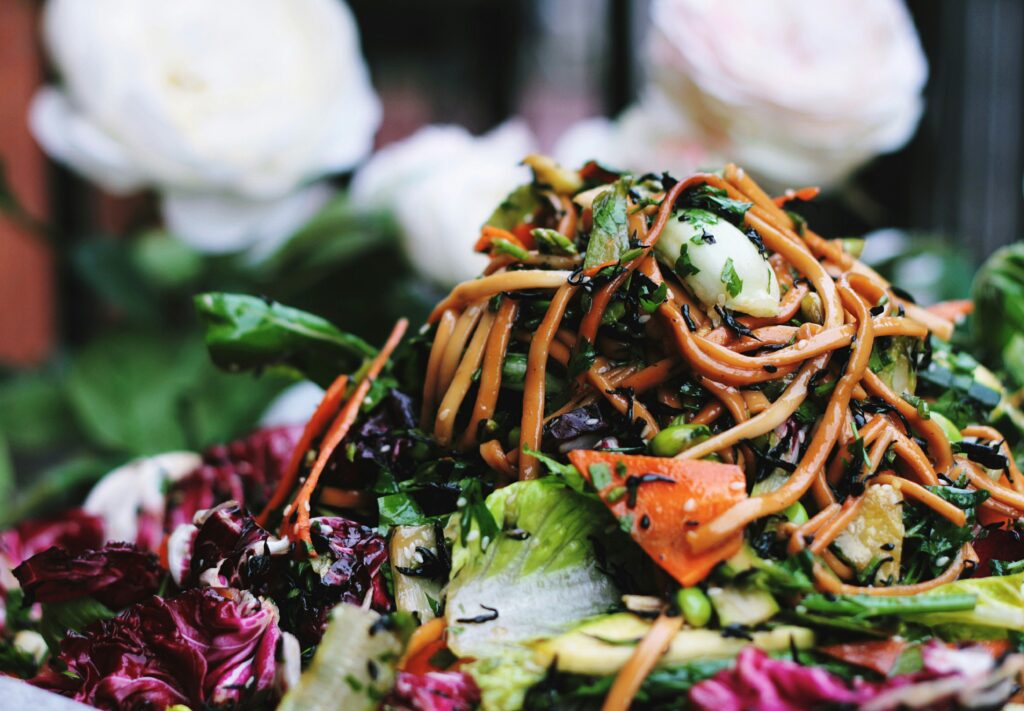Maintaining strong bones throughout life is essential, particularly as we age. Bone health isn’t just for the elderly—it’s important to act early to preserve bone density and prevent future issues. Nutrition plays a pivotal role in ensuring bones stay strong and healthy from your 30s, 40s, and beyond. Focusing on the best foods for bone health and lifestyle choices can help you maintain bone strength and reduce the risk of osteoporosis later in life.
The Science Behind Bone Health
Bone tissue constantly undergoes remodelling—old bone is broken down, and new bone is formed. This process shifts as we age. Peak bone mass is usually reached by our early 30s, and after this, it’s vital to focus on preserving bone density. As we reach our 40s and beyond, bone breakdown can outpace bone formation, leading to a decline in bone density. Conditions like osteoporosis and osteopenia become more common, particularly in post-menopausal women due to the drop in estrogen, a hormone that helps maintain bone mass. As estrogen levels decrease, the rate of bone loss accelerates, making it even more crucial to support bone health through nutrition and lifestyle.
Key Nutrients for Bone Health
Calcium: The Foundation of Bone Health
Calcium is crucial for bone structure and function. Without enough calcium, bones become weak and brittle.
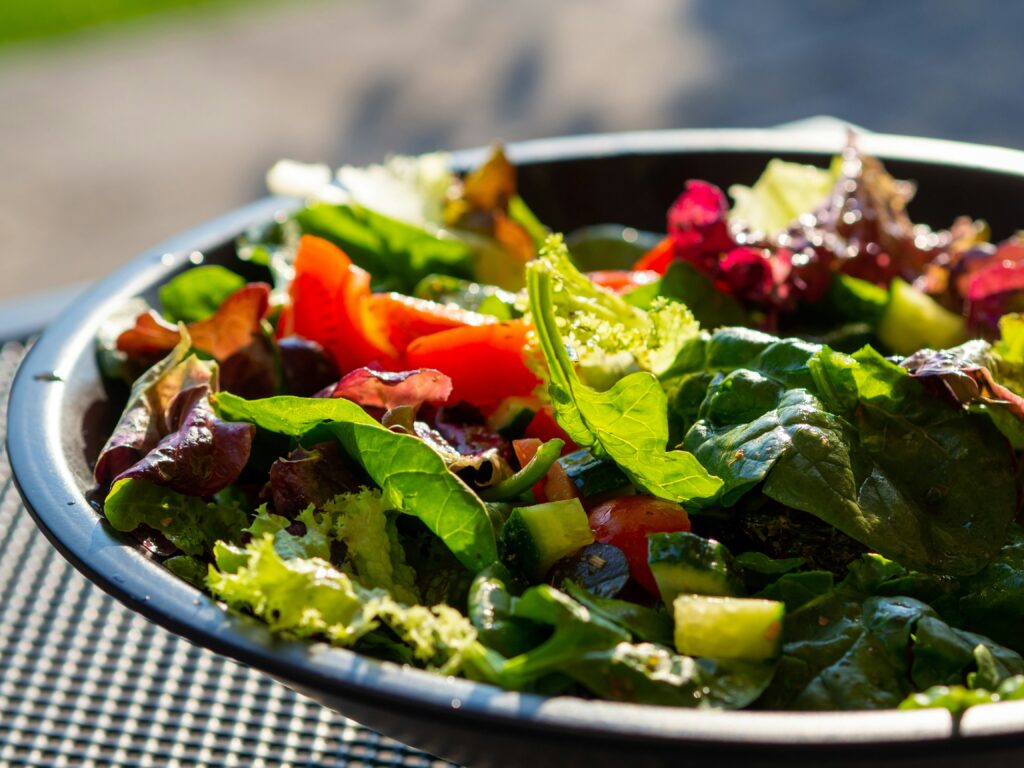
Food Sources:
Dairy products like yogurt, cheese, and milk are rich in calcium. Leafy greens such as kale,
broccoli, and bok choy offer plant-based calcium. Fortified foods like almond, soy, and oat milk also boost calcium intake. Other sources include almonds, tofu, sesame seeds, and figs.
Vitamin D: Facilitating Calcium Absorption
Vitamin D is necessary for calcium absorption. Without it, even calcium-rich diets won’t fully benefit your bones. For many women, especially those in areas with limited sunlight, supplementation may be necessary.
Food Sources:
Fatty fish like salmon, mackerel, and sardines are excellent sources of Vitamin D. Fortified foods, such as cereals and plant-based milks, can also help increase intake. Egg yolks provide another dietary source of Vitamin D. Additionally, mushrooms exposed to sunlight are another natural way to boost Vitamin D levels.
Magnesium: Supporting Bone Mineral Density
Magnesium plays a critical role in activating vitamin D and building bone structure. Studies show that magnesium intake supports bone density.
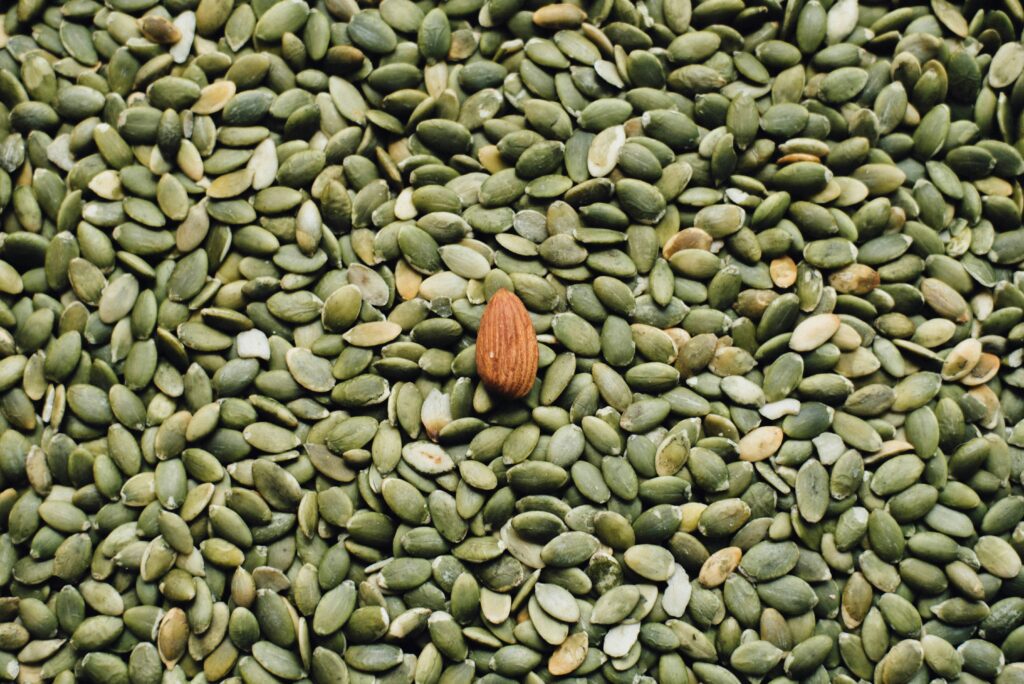
Food Sources:
Nuts and seeds, particularly almonds, chia seeds, and flaxseeds, are rich in magnesium. Whole grains such as quinoa and brown rice also provide a good source of this essential mineral. Additionally, leafy greens like spinach and Swiss chard offer a plant-based way to boost magnesium levels.
Vitamin K: Helps regulate calcium and supports bone formation
Without adequate Vitamin K, bones may not mineralize properly, leading to a higher risk of fractures and bone-related issues.
Food Sources:
Leafy greens like spinach, kale, and collard greens are rich in vitamin K. Fermented foods such as miso and natto also provide this nutrient. Other sources include Brussels sprouts, broccoli, cabbage, and asparagus. For variety, try kiwi, blueberries, soybeans, and pumpkin.
Protein: An Underrated Factor in Bone Health
Protein supports the structure of bones. A protein-rich diet helps maintain bone mass as you age.
Food Sources:
Lean meats like chicken, turkey, and beef are rich in protein. Fish such as sardines, salmon, and mackerel provide protein and omega-3s. Plant-based options like lentils, chickpeas, and tofu offer high-quality protein for vegetarians and vegans
Foods and Habits That Can Be Detrimental to Bone Health
Excessive sugar, refined carbs, and high salt intake can harm bone health. Smoking accelerates bone loss, and a sedentary lifestyle weakens bones. Alcohol and caffeine can also deplete bone density. To protect your bones, maintain a balanced diet, stay active with weight-bearing exercises, avoid smoking, and limit alcohol and caffeine.
Lifestyle Factors That Affect Bone Health
Maintaining an active lifestyle is crucial for supporting bone health. Weight-bearing exercises, such as walking, running, and resistance training, play a key role in building and preserving bone density.

Sleep is also important, as good rest promotes bone regeneration, while chronic sleep deprivation can weaken bones.
Managing stress is essential too, as high cortisol levels can negatively affect bone strength over time. Additionally, moderate sun exposure supports vitamin D production for calcium absorption, and maintaining a healthy body weight helps protect bone structure without adding stress to joints. Combining regular exercise with the best foods for bone health and balanced lifestyle habits ensures better long-term bone health.
For post-menopausal women, the drop in estrogen can accelerate bone loss, making it essential to adopt a nutrient-rich diet and engage in regular physical activity to slow this process.
Bone-Health-Boosting Meal Ideas
Incorporating nutrient-rich meals can significantly boost your bone health. Here are some meal ideas:
Breakfast:
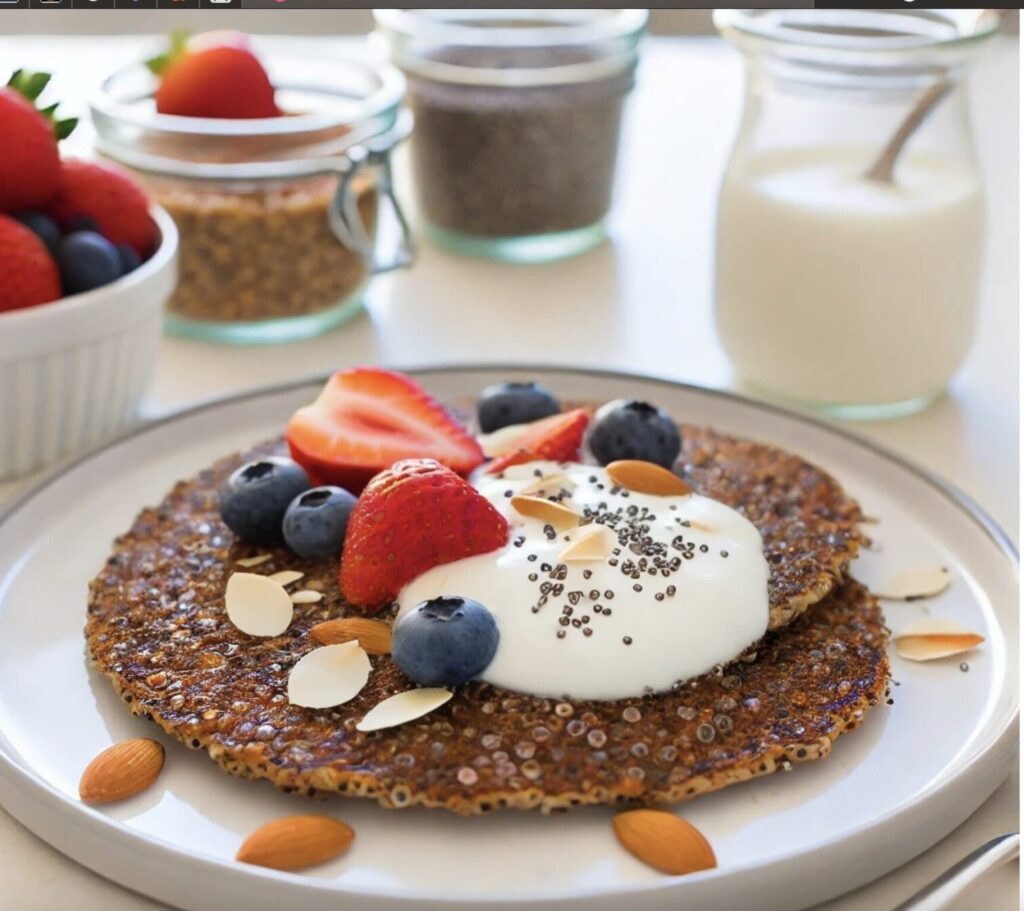
Lunch:
Chickpea and kale salad with tahini dressing
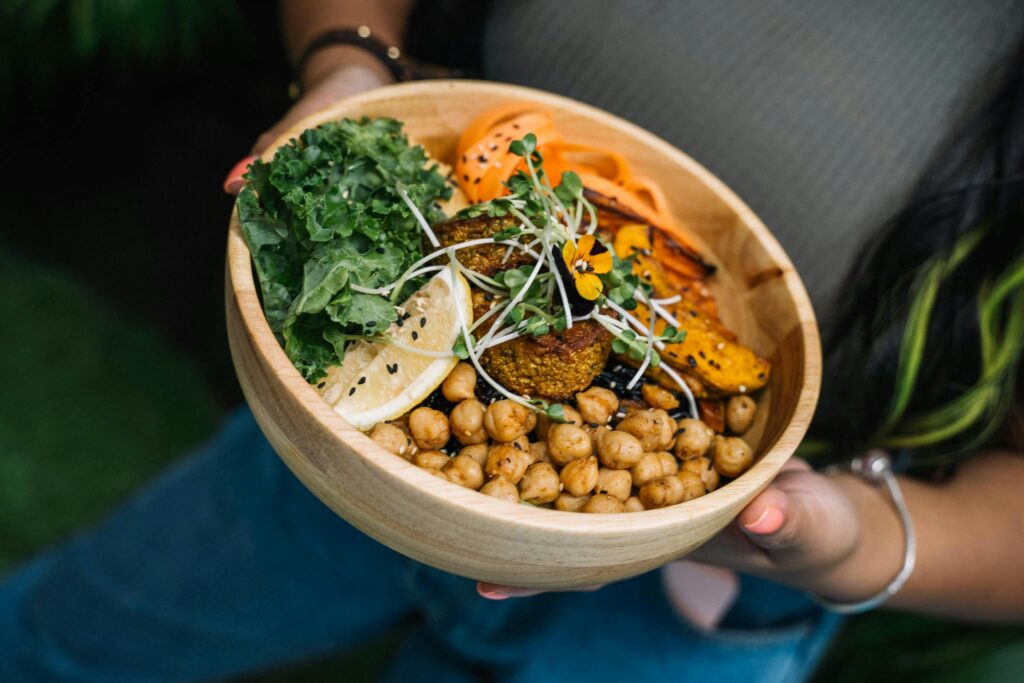
Dinner:
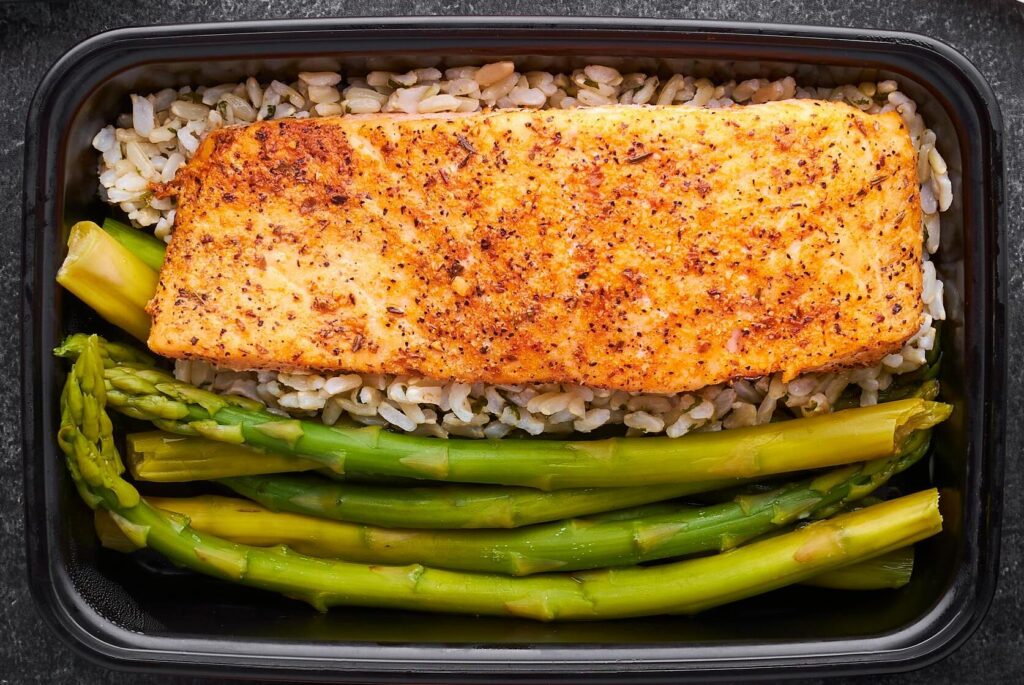
Salmon with Asparagus and Wild Rice
Snack:
Cottage cheese with kiwi slices and chia seeds
Nutrition is key to maintaining strong bones at every stage of life. By incorporating calcium, vitamin D, magnesium, vitamin K, and protein into your daily diet, you can protect your bones for years to come.
